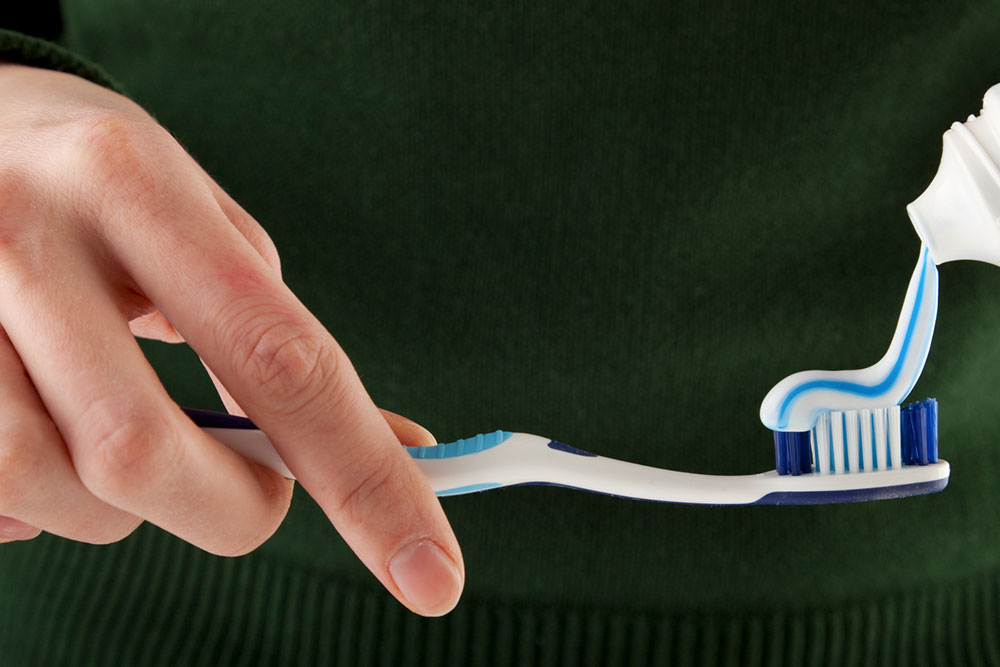5 types of toothpaste and their health benefits

A healthy and dazzling smile is a common goal for many. But to achieve it, one should prioritize working on oral hygiene. Two basic practices that ensure this are regular brushing and flossing. But, regular brushing might not yield the best results if one does not use the right toothpaste. There are different kinds of toothpaste that cater to varying needs, including fighting sensitivity, whitening teeth, dealing with tartar buildup, and more.
Sensitivity toothpaste
This toothpaste helps in desensitizing the teeth. The ingredients in this type of paste help resolve the root sensitivity that is triggered by hot, cold, and sweet food and beverages. One can combine this toothpaste with other dental pastes or treatments. It is available in a range of flavors. But, the paste may be less effective for those with severe sensitivity issues. Also, the paste can take several weeks to deliver results. One must also factor in the duration of usage, as overuse can lead to enamel erosion and weaken teeth.
Teeth whitening toothpaste
This product is designed to get rid of surface stains in the teeth. It also helps brighten the teeth, promoting a whiter smile. It is important to note that whitening toothpaste contains chemical agents and abrasives that gently polish the surface of teeth. So, excessive use can cause enamel wear because of the constant polishing. For best results, one must use this toothpaste after consulting a dentist. These pastes can work well for everyday use if there are only mild stains or discoloration. But, the results provided by these pastes are significantly mild compared to those achieved with an in-clinic teeth whitening procedure.
Fluoride toothpaste
Many dentists worldwide recommend fluoride toothpastes because they are one of the best options for healthy teeth and gums. The fluoride in the paste helps fight tooth decay and strengthens the enamel. Those who are at a high risk of developing cavities will benefit from fluoride toothpaste. This product is available in various textures and flavors, allowing users to choose from various options. But, those with fluoride sensitivity should maintain a healthy distance from this particular paste type.
Tartar control toothpaste
This type of toothpaste helps deal with tartar buildup. Tartar is a hard deposit that forms on the surface of the teeth when plaque hardens. If left unchecked, tartar can cause gum diseases and other problems. Tartar control paste is believed to help break down and remove these deposits. This toothpaste is a must-have for those who are prone to tartar buildup. But it may not be effective while dealing with severe cases of tartar buildup. In such cases, individuals must consult a dentist and get the deposits removed professionally.
Natural toothpaste
As the name suggests, this type of toothpaste is made using essential oils and baking soda. It is a safe and environmentally friendly alternative for those who prefer natural products. It is also beneficial for those with sensitivities, as the natural ingredients in this toothpaste will cause less irritation. But natural pastes might not work as well as conventional toothpaste. They also lack fluoride, which is an essential ingredient for ensuring teeth care.


